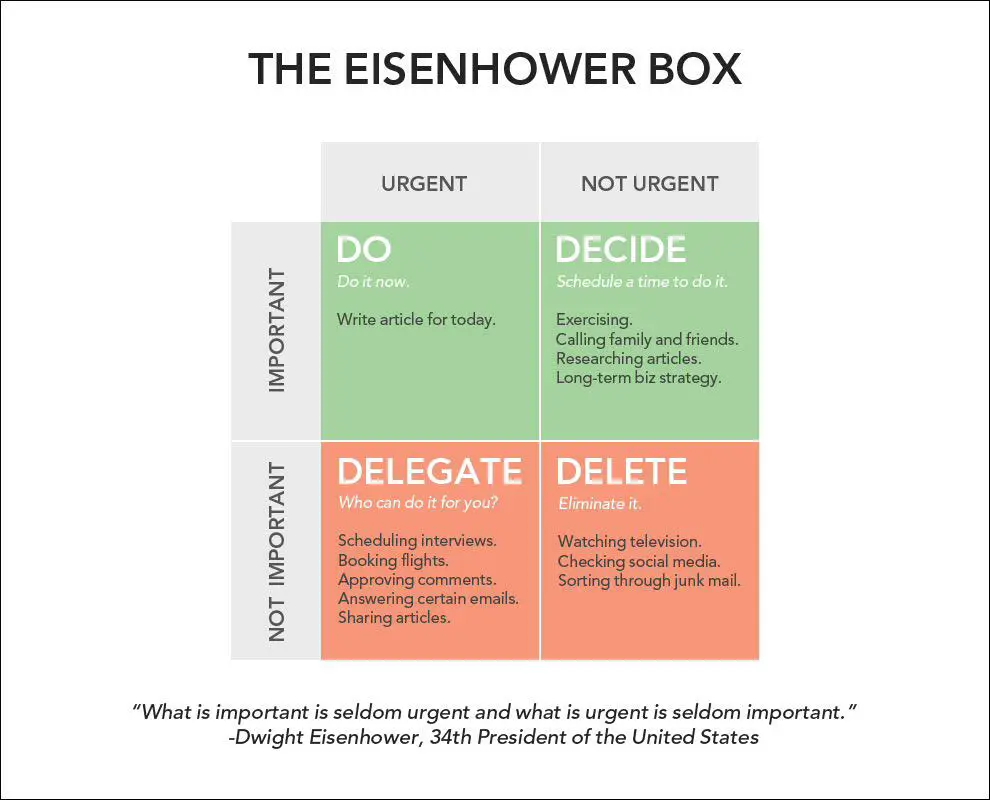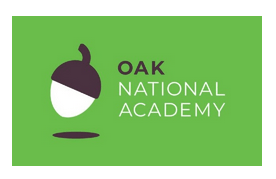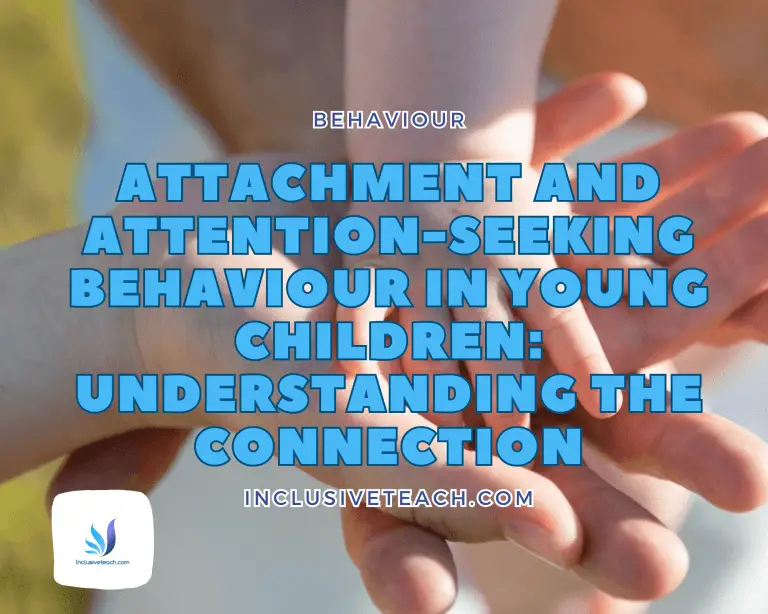Becoming a Middle Leader. A School Leadership Journey
Starting a School Leadership Journey.
School Leadership Journey
What Does NPQML Mean? – NPQML Means National Professional Qualification for Middle Leadership. It is a DfE recognised qualification for school leaders.
This post on becoming a middle leader is a reflection for my NPQML. Specifically a School improvement unit. In it I have tried to be honest about the struggles I faced early on my leadership journey. A school leadership journey that probably started without a map, direction, or appropriate footwear. I think of myself as a learner. I am here to guide and support my teachers to provide the best environment for the students we work with. To do this I need to be constantly reflecting on my practice. Part of this is admitting (at the very least to myself) when I have made mistakes. I have based this post on an article Becky Powell posted on Sec-ed.co.uk entitled Three keys to middle leadership.
Read more about school leadership and development on our main special school leadership page.
Becoming a Middle Leader
Despite the vast differences between our settings, like Becky I found the move to middle leadership empowering. I enjoyed being able to focus my ideas for improvement onto my key stage and as leader of that group of teachers was able to start shaping how effectively the curriculum worked for the students.
It is hard to run a department without having a clear vision – and I was thrown in at the deep end when I first took my leadership post.
This mirrors my experience. I took the job with little experience of leadership and no professional development in this area. I had ideas but these had not formed into a clear vision for my department they were more a collection of projects.
Middle Leader: Developing a Leadership Style
My initial style was consciously the opposite of the micromanagement symptomatic of my predecessor. A good teacher, well meaning but inexperienced at leadership, and under pressures from above, was that of what one of my PGCE mentors would describe as Seagull management. Swoop in squawk (well he said poop) and fly out again. Leaving you with a deflated feeling and an additional admin task or two.
Leadership Style Mistakes
However my new laissez faire approach (to make use of my business studies A Level) wasn’t overly effective either. Strong personalities, a lack of drive to improve, staff expecting me to solve their problems. Combined with my lack of experience in dealing with the administrative workload led to a rocky period with little cohesion between classes. There is a heavy management element to middle leadership. I discuss leaders vs Managers in more depth here. As well as a lot of stress for me which for the first time affected my enjoyment of teaching. Although difficult I learnt a lot from these mistakes, lessons that served me well through future turbulence.
I think your leadership style changes as you develop. Eventually you are able to change and adapt your style to fit or react to differing situations. In the same way you are able change your teaching style as you become more comfortable and confident in the classroom. It is through modelling of your values and personal ethos that will determine how effective these are.
The following year I changed my approach, unconsciously. I was not really a reflective practitioner at this point. This combined with a change in staffing led to the first year I felt like a leader not a manager. I became more adapt at completing the paperwork (Management skill Check!), more focused on which projects were achievable and of benefit to the students, and more confident in communicating. As Becky says
Having Whole School Impact as a Middle Leader
This is an area the NPQML has helped me with considerably although I still have room for improvement. The following couple of years have been filled with ups and downs both for me and the school. Many more ups than downs and we as an organization have come out stronger with the focus always on what’s best for the students. As a leadership team we are more confident and more capable of dealing with issues that arise. I have come out much more focussed on the impact of my leadership than consumed by completing the management tasks I am responsible for. Part of this is confidence and part, as boring as it sounds, is prioritising and effectively completing those essential tasks. Using ideas similar to the Eisenhower box below.
The Importance of Team Working as a Middle Leader
The greatest and most positive change this year has been the empowerment that came with promotion to Assistant Head Teacher working directly under the Head Teacher. This has helped be see the reasoning behind many decisions and helped me rationalise my role and purpose in the school.
It has also served to clarify the roles of our AHT team allowing us to work together more effectively. The greatest benefit of this has been to start creating an ethos of collaboration that I hope is beginning to filter into our teacher’s pedagogy. The cycle of feedback is the next area we are looking at improving, changing the negative connotations of lesson observations into a supportive prospect see my previous post of subject leader evaluations.
I am enjoying my Job more than ever both the leadership and teaching sides of the role. I can see much more clearly the areas I need to improve in but also the areas in which I have improved. I am sure it is empowerment that has helped me grow and empowerment of my teams that will ensure they grow.
School Leader’s Reflection Guide
As a school leader, taking the time to reflect on your practices, decisions, and overall leadership is crucial for personal and professional growth. Reflection allows you to assess your strengths, identify areas for improvement, and make informed decisions that positively impact your school community. Use this reflection guide to engage in self-reflection and enhance your leadership skills.
1. Personal Values and Vision
- What are your core values as a school leader?
- How do these values align with the vision and mission of your school?
- Are there any actions or decisions that have challenged your values? If so, how did you handle them?
- How can you ensure that your values are reflected in your daily leadership practices?
2. Communication and Collaboration
- How effectively do you communicate with your staff, students, and parents?
- Do you actively seek and value input from others?
- How do you foster a collaborative culture within your school?
- Are there any communication or collaboration challenges that you need to address?
3. Instructional Leadership
- How do you support and guide teachers in their professional growth?
- Do you provide ongoing feedback and coaching to improve instruction?
- How do you promote a culture of continuous learning and innovation among staff?
- Are there any areas where you can enhance your instructional leadership practices?
4. School Culture
- How do you promote a positive and inclusive school culture?
- Do you address issues of diversity, equity, and inclusion within your school community?
- How do you support the social-emotional needs of students and staff?
- Are there any initiatives or strategies that you can implement to further enhance your school’s culture?
5. Decision-Making and Problem-Solving
- How do you approach decision-making within your role?
- Do you involve relevant stakeholders in the decision-making process?
- How do you analyse problems and find effective solutions?
- Are there any decision-making or problem-solving strategies that you can refine?
6. Professional Development
- How do you engage in ongoing professional development?
- What steps do you take to stay updated on educational research and best practices?
- Are there any areas of professional growth that you would like to focus on?
- How can you support the professional development of your staff?
7. Well-being and Self-Care
- How do you prioritise your well-being as a school leader?
- Do you have strategies in place to manage stress and avoid burnout?
- How do you model self-care for your staff and students?
- Are there any adjustments you can make to maintain a healthy work-life balance?
8. Impact and Success
- How do you measure the impact of your leadership on student achievement and well-being?
- How do you celebrate successes and recognise the accomplishments of your staff and students?
- Are there any specific goals or areas of improvement that you would like to focus on moving forward?
- How can you ensure that your leadership continues to positively impact your school community?
Remember, reflection is an ongoing process. Regularly revisit this guide, set goals for growth, and track your progress. By engaging in thoughtful self-reflection, you can become a more effective and impactful school leader.










One Comment